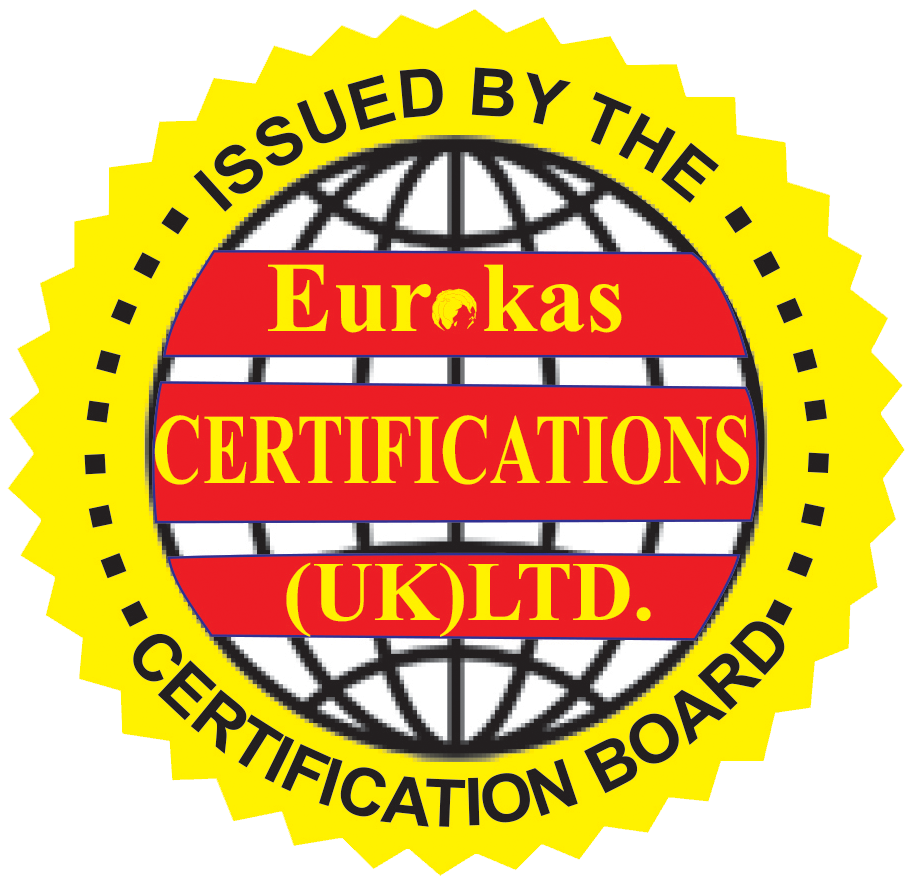ISO 22000 is an international standard that specifies the requirements for a Food Safety Management System (FSMS). This standard is designed to help organizations in the food industry ensure the safety of the food they produce and handle. Here’s an overview of ISO 22000 and the certification process:
ISO 22000 Overview:
ISO 22000:2018 sets out the criteria for a food safety management system and is applicable to any organization in the food chain, from farm to table. It incorporates the principles of the Hazard Analysis and Critical Control Points (HACCP) system and follows a plan-do-check-act (PDCA) approach.
Key Principles and Requirements:
- Context of the Organization: Understanding the organization and its context, as well as the needs and expectations of interested parties.
- Leadership: Top management’s commitment to the FSMS, including establishing the food safety policy and objectives.
- Planning: Identifying food safety hazards, conducting a hazard analysis, and determining the necessary control measures.
- Support: Providing the necessary resources, including competent personnel, communication, and establishing awareness.
- Operation: Planning and controlling the processes needed for effective food safety.
- Performance Evaluation: Monitoring, measurement, analysis, and evaluation of the FSMS.
- Improvement: Continual improvement of the FSMS and reacting to incidents and nonconformities.
Certification Process:
The certification process for ISO 22000 involves several steps:
- Gap Analysis: Assess the current state of food safety practices against ISO 22000 requirements.
- Documentation: Develop and implement necessary documentation, including a food safety policy, procedures, and records.
- Implementation: Implement the FSMS and monitor its effectiveness.
- Internal Audit: Conduct internal audits to assess compliance and identify areas for improvement.
- Management Review: Top management reviews the FSMS to ensure its continuing suitability, adequacy, and effectiveness.
- Certification Audit: An external certification body conducts an audit to determine if the organization meets ISO 22000 requirements.
- Certification Decision: The certification body issues ISO 22000 certification if the organization meets the standard’s criteria.
Benefits of ISO 22000 Certification:
- Enhanced Food Safety: Implementation of ISO 22000 helps ensure the production of safe and quality food.
- Legal Compliance: The standard assists in complying with food safety regulations and requirements.
- Market Access: ISO 22000 certification is recognized globally, facilitating market access.
- Consumer Confidence: Certification enhances consumer confidence in the safety of the food product.
- Operational Efficiency: The standard promotes efficient processes, reducing the risk of food safety incidents.
Organizations in the food industry often pursue ISO 22000 certification to demonstrate their commitment to food safety, meet regulatory requirements, and gain a competitive advantage in the market.
